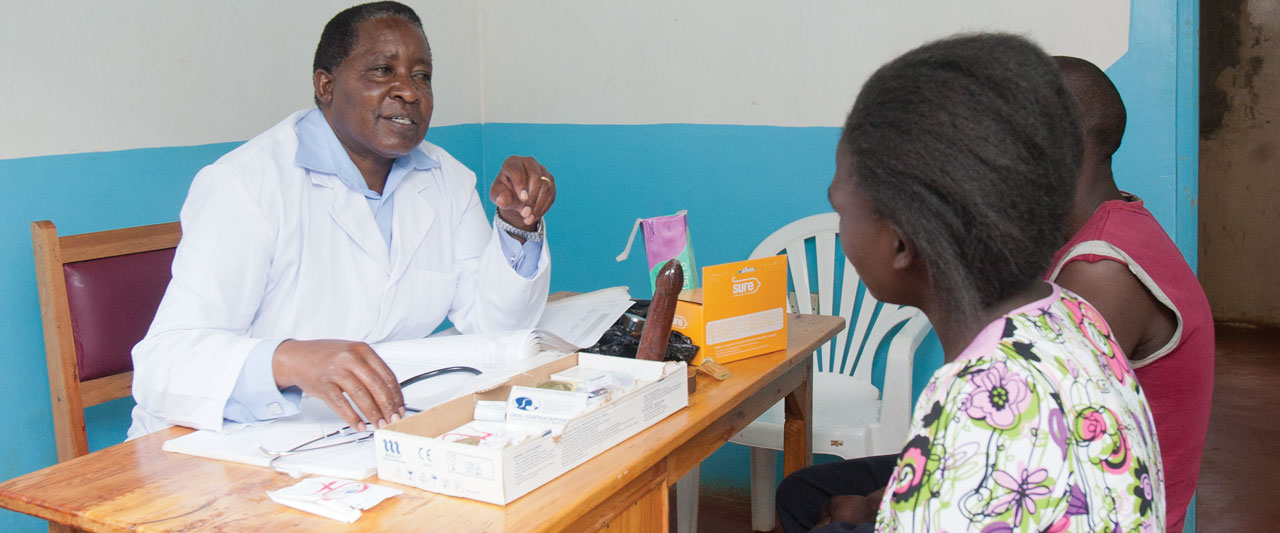Communities with a high level of abortion-related stigma may also have a higher incidence of unsafe abortion, according to two recent studies in Kenya.
One, published in the Annals of Tropical Medicine and Public Health, surveyed 759 women receiving abortion services in private and public health facilities in two counties—one located in a region with a high rate of unsafe abortion, the other in a region with a lower incidence.
A scale which captures four dimensions of individual-level stigma—worries about judgment, isolation, self-judgment and community condemnation—was used to measure abortion-related stigma experienced by the women. Women receiving services in the county with the higher incidence of unsafe abortion reported higher stigma scores.
Erick Yegon, a senior research and evaluation advisor for the Ipas Africa Alliance and lead author for the study, says the fear of being labeled, blamed or prosecuted for seeking an abortion may be causing the women to seek services in secrecy, leading to unsafe abortions.
A related study, published in the Pan African Medical Journal, also looked at the links between abortion-related stigma and the incidence of unsafe abortion in those two counties, Trans Nzoia and Machakos. This qualitative study, conducted by a research team also led by Yegon, used 26 focus group discussions with general community members to explore and analyze their responses regarding abortion-related stigma.
It found that community members in Trans Nzoia, which is in the region with the higher incidence of unsafe abortion, reported higher levels of ways in which women would be stigmatized for seeking an abortion, with young, unmarried women being the most stigmatized. One man from Trans Nzoia said during the group discussion, “We still go after these girls, calling them names…this makes the girl hate herself, that’s why they hide and even die while aborting.”
Stigmatization by health workers also an issue
The study also found that women seeking abortion care suffered stigmatization at the hands of providers and health workers at public health facilities: “Poor treatment included provider hostility and lack of privacy and confidentiality. Young women reported feeling discouraged and reluctant to go to health facilities because of fear of poor treatment due to their age.”
The Ministry of Health issued standards and guidelines on safe abortion care after Kenya adopted a new constitution in 2010, but later withdrew them. “This was generally interpreted to mean that abortion services should not be provided,” the study says, “and this further went to increase how abortion is stigmatized.”
Yegon and his co-authors recommend that initiatives to reduce stigma be implemented at both the health facility and community level as a way to combat the problem of unsafe abortion. The study revealed that many community members are not aware that abortion is legal in some circumstances. In addition, there are many other barriers to safe abortion care, such as cost and lack of information about unwanted pregnancy and where to go for help.
“A clear start to addressing these barriers,” the study concludes, “is the provision of accurate medical and legal information on safe abortion directly to women, especially as part of reproductive health campaigns. Additionally, information needs to be presented and packaged in a way that is simple and clear to a variety of women at different levels of literacy…If CVHs (community health volunteers) and providers in facilities simply knew the information and shared accurate information on abortion without shaming those who ask for it, this would be a huge step in the right direction.”
For more information, contact [email protected]


